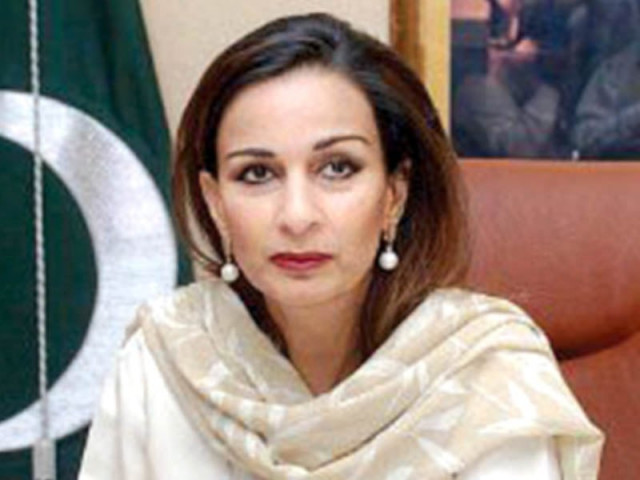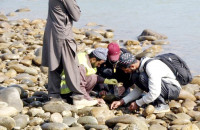Senator denounces rich nations for climate change
Experts advocate rapid shift to clean energy, increase in forest cover

Experts and lawmakers have underlined the need for a rapid shift to clean, affordable energy alongside expanded forests as extreme heat and floods recently hit different parts of Pakistan, particularly Khyber-Pakhtunkhwa (K-P). They have also called for urgent action to promote renewable energy, restore ecosystems such as the Indus Delta and strengthen green financing.
Speaking at the National Climate Justice Youth Film Festival 2025, they criticised developed nations for fueling climate change. The Indus Consortium, an organisation focused on climate change, humanitarian and development issues, organised the festival. Parliamentarians, civil society representatives, academics, diplomats and climate activists attended the seminar.
Indus Consortium Chairman Liaqat Ali said the festival had become a flagship platform for the youth to share their creativity and contribute to the climate justice movement. He noted that Pakistan was increasingly vulnerable to heat waves, droughts and flash floods, which threaten communities, ecosystems and the economy.
He called for urgent action to promote renewable energy, restore ecosystems such as the Indus Delta and strengthen green financing.
Senator Sherry Rehman, the Chair of the Senate Standing Committee on Climate, criticised the developed nations for fuelling climate change, saying Pakistan, which emits less than 1% of global carbon, was paying the price for their industrial greed.
She called climate change a global crisis created by the industrialised world but disproportionately devastated vulnerable countries like Pakistan. "Crop burning, brick kilns and unchecked urban development are killing our people," she said.
Citing the 2022 floods that submerged one-third of Pakistan and recent disasters that killed hundreds across 63 districts, Sherry Rehman termed the situation "climate injustice" as $7 trillion continues to be funnelled into fossil fuel subsidies worldwide.
She warned that record-breaking heat waves, rising seas and deforestation threaten Pakistan's agriculture, livestock and human survival. She urged immediate domestic action, including expanding the forest cover, regulating urban growth, encouraging low-plastic startups and embracing renewable energy.
"Pakistan is already the world's sixth-largest solar user. Sindh is investing heavily in clean energy. We must build resilience with what we have and protect our people," the senator stressed, adding that saving nature is now a matter of national survival.
Senator Poonjo Mal Bheel, Member of the Senate Standing Committee on Power, highlighted the situation prevailing in Thar. He pointed out that electricity shortages of up to 18 hours a day leave students and young entrepreneurs without essential facilities.
"In today's world, electricity is a basic human right. Without it, our youth cannot study, work or participate in e-business. If clean, affordable energy is not provided, they will be left with no choice but to rely on scarce government jobs," he warned.






















COMMENTS
Comments are moderated and generally will be posted if they are on-topic and not abusive.
For more information, please see our Comments FAQ